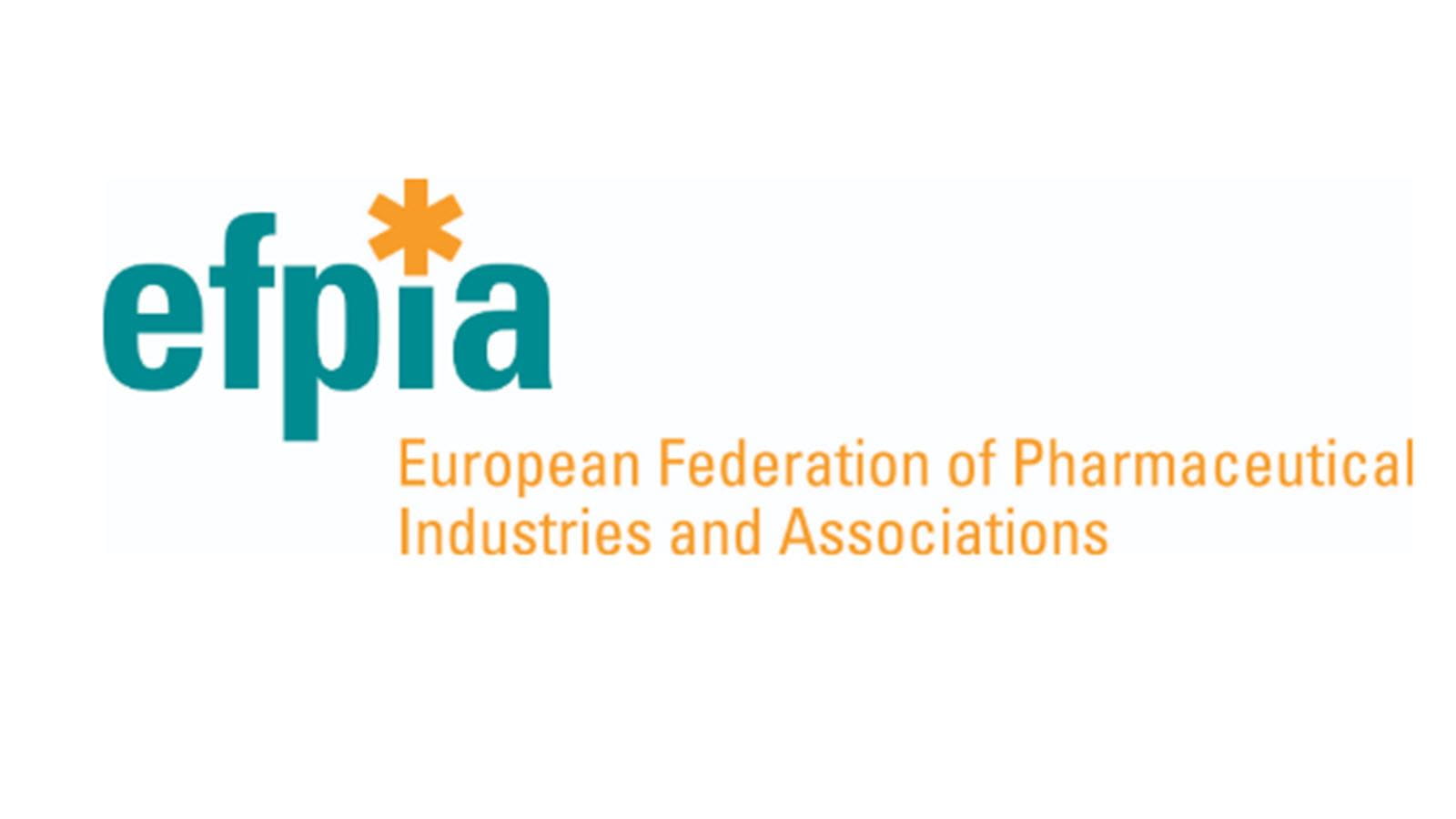CSL Behring, which develops and manufactures medicines for rare and serious diseases, is now a member of EFPIA, the European Federation of Pharmaceutical Industries and Associations.
“By joining EFPIA, we will be able to work closely with other experts and stakeholders to shape the policies and regulations that affect our industry in Europe, in order to help the patients we serve,” said Irene de Cara Torres, CSL Behring’s European Head of Policy, Advocacy and Governmental Affairs.
The affiliation connects the global biotech with the community of national associations and European companies, including two other CSL business units.
“We are very excited about this new opportunity for CSL Behring, and to further join and optimize efforts together with CSL Vifor and CSL Seqirus, who are also members of EFPIA and Vaccines Europe, respectively,” she said.
CSL Behring, CSL Vifor and CSL Seqirus are business units of CSL, a global biotech company with more than 32,000 employees. In 2022, CSL acquired CSL Vifor, a leader in iron deficiency and nephrology (kidney care) that’s based in Switzerland. CSL Seqirus develops and manufactures vaccines.
CSL Behring joins EFPIA at an important moment in Europe as critical policies and new legislation are being prepared. At stake are Europe’s ability to drive and attract critical and transformative innovation as well as its ability to ensure access to care for patients who have rare and serious diseases.
Recently, EFPIA joined with six other organizations to support Europe’s Rare Disease Moonshot. The coalition aims to increase collaboration and reduce fragmentation; create public-private partnerships to bring experts together; enhance the translational research ecosystem; optimize clinical trials and regulatory pathways; and build infrastructure so patients get diagnosed and treated more quickly.



